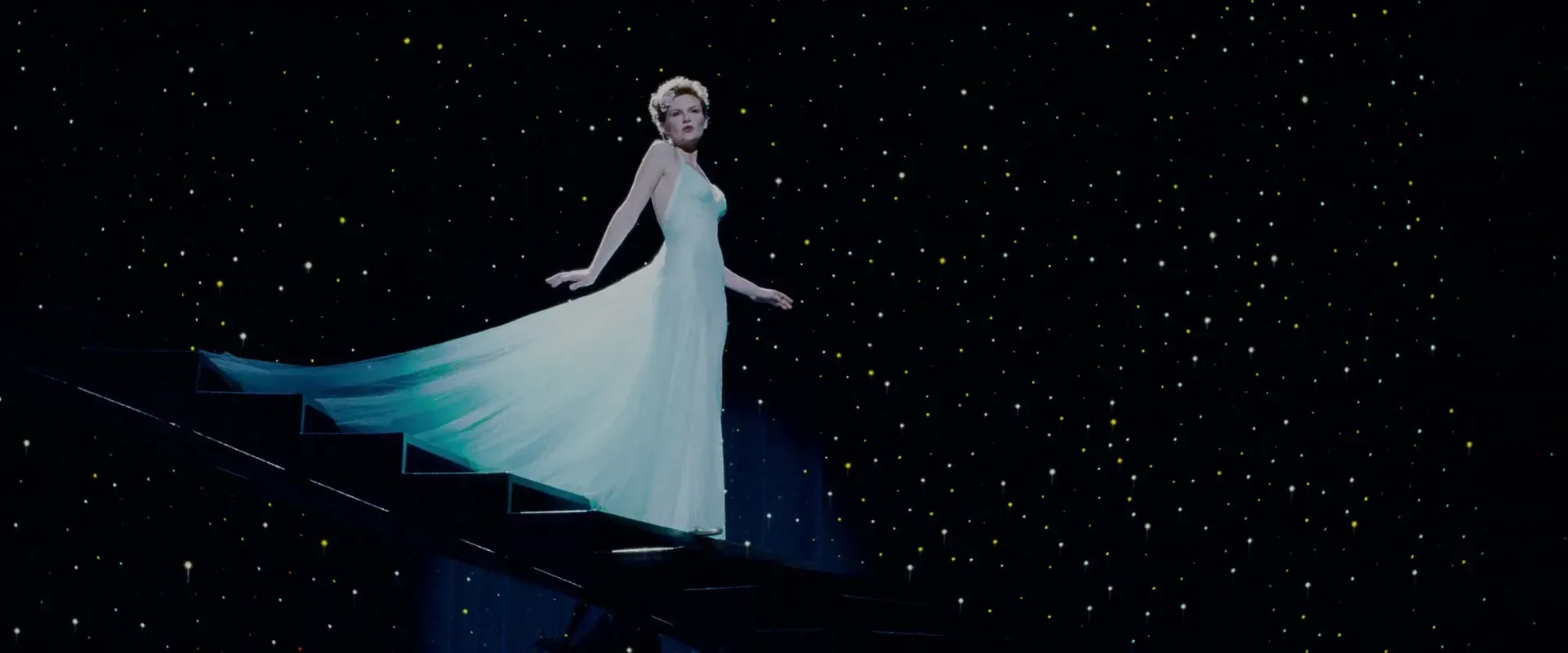Spider-Man 3

Originally published on 20/12/21 on Letterboxd.
By far my favourite out of the 3. It's a testament to Raimi's skill as a director that even after studio interference, none of the tacked-on additions feel like anything other than Raimi's vision- a truly maximalist work. The frenetic energy of the first film is revived here in the form of Spielbergian setpieces where every crash zoom and smash cut functions to extract every drop of tension they can. Even under layers of CGI, every punch lands- there's nary a thrust of a first that isn't punctuated by enraged screams. In some way or another, every fight here leaves people broken, with signs of the damage manifesting themselves in the form of scars, physical and otherwise.
But then there's the other kind of violence- the emotional. Where Peter's inability to balance his twin identities in the first 2 films is emphasized for comic effect, here it reflects a fundamental narcissism inherent to someone with power they don't know how to control. The finale is less a perfunctory blockbuster climax and more a reflection of his actions returning to haunt him, reminding him of everyone he's ever wronged- in much the same way as the brawl between Peter and Harry is laced with so much strife because it's the culmination of jealousy- borne in childhood, writ large. People hurt each other here in ways that almost hurt to look at. Like Shyamalan's Glass, this is a text about broken men trying to become something more than what tragic circumstances have forced them to become. Even Brock, a hollow shell which ends up filled with Peter's guilt, has a reason to do what he does. His reasons are selfish and destructive, but isn't that just about everybody here? Everyone's actions here are calculated to hurt someone in the cruellest way possible, even if it's just in a few words.
Perhaps the boldest aspect of a film so bold in everything it does is its final shot. No words of forgiveness are exchanged, no sweet nothings whispered, no apologies. Yet the mere act of reaching out to hold on, even if it's just for mere seconds, is a revolutionary one. The cycle of hatred, started by uncle ben's murder, is ended with 3 words:
"I forgive you"
Raimi's plea for forgiveness may be simple, childishly simple, but it needs to be heard nonetheless.
